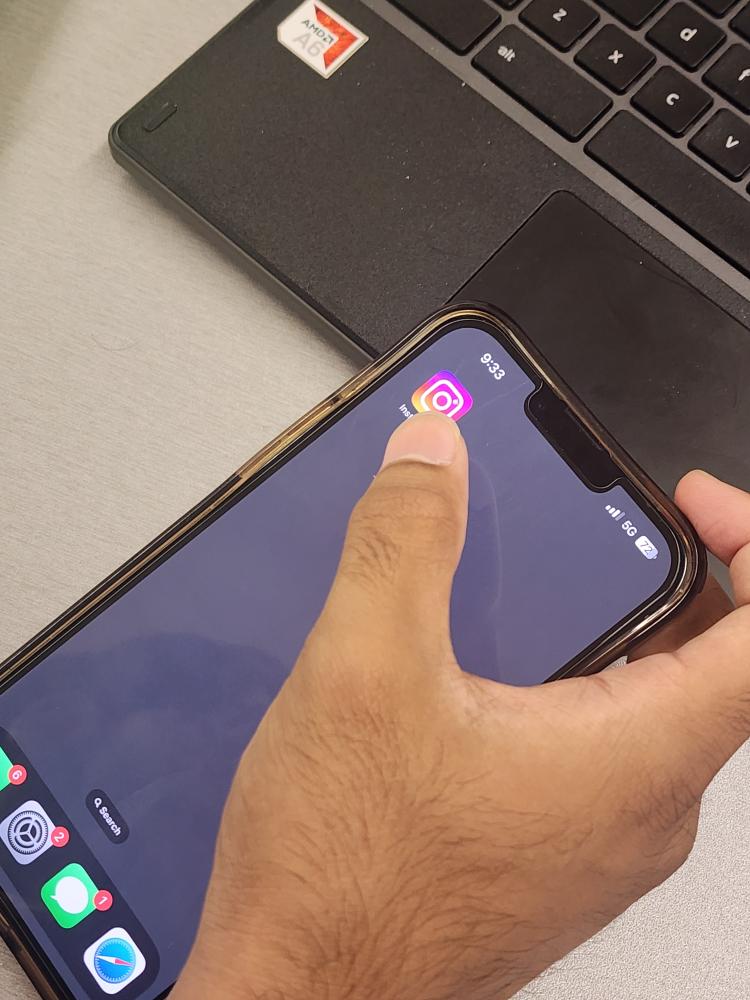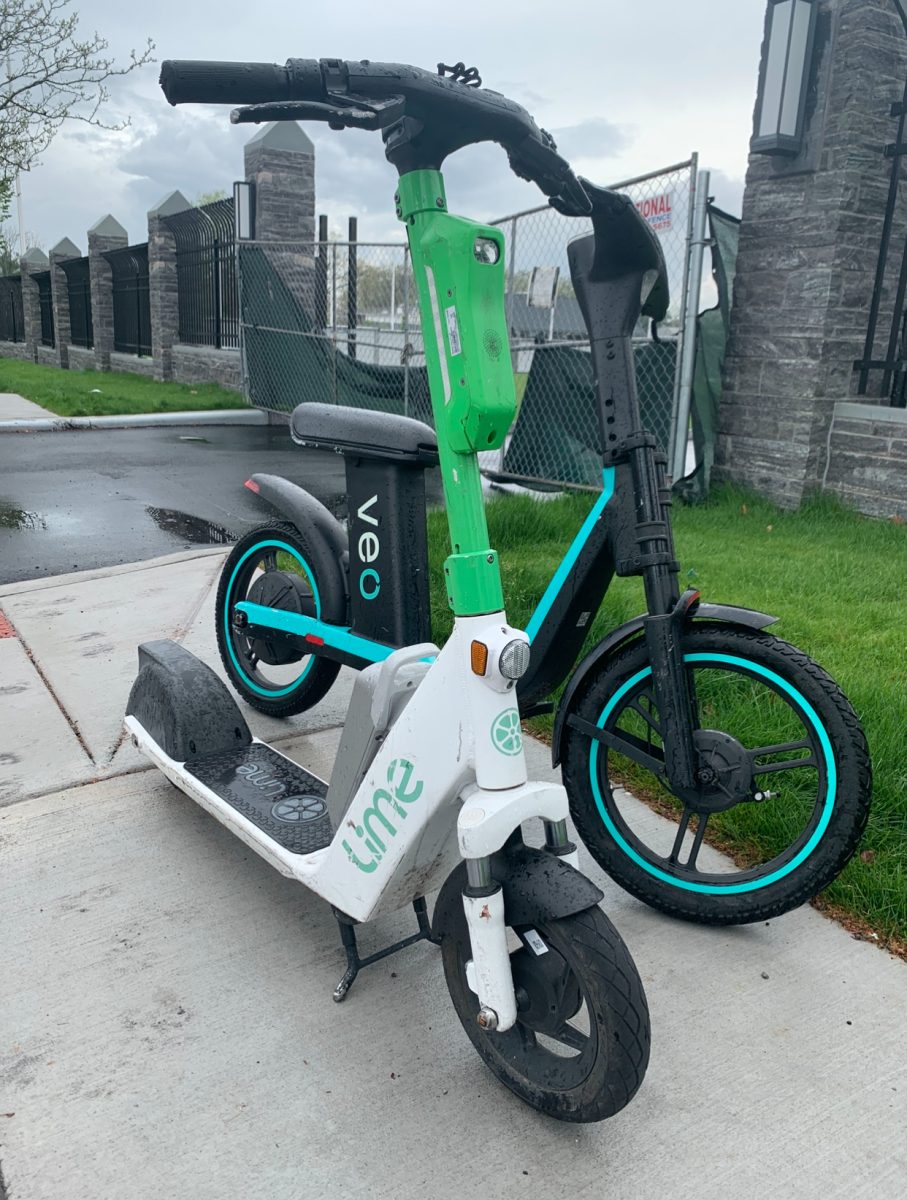At the start of every year, you are expected to come up with a “New Year’s Resolution,” but what is it exactly? Why do people come up with these resolutions and break them so quickly? A study included in an article by HowStuffWorks, later to be adapted by Newsela, has shown that seventy-seven percent of people break resolutions close to when they started. This leaves twenty-three percent of people to be committed and permanently follow through with them.
One belief as to why people break resolutions made during New Year’s so quickly is due to the realistic aspect to them. People try to come up with this extreme goal with no plan of action or support. With a goal like this, the person will fight to achieve it at first, but after a few days they start to become overwhelmed. This eventually leads the person who made the resolution to feel like their goal is too much and is achievable. With lack of motivation and support for the goal, it will fail and the person will decide to drop it and “try again” next year.

To avoid coming up with a resolution that is destined to failure, here are some tips that can help you not only create a perfect goal, but keep it over an extended period of time until it has been fulfilled.
1- Make your goals realistic!
Don’t force yourself onto a goal that you know will overwhelm you on the daily. Start of small and pick a goal that you can work on a few times a week. With goals such as these, it is easy to monitor them and have a flexible schedule towards them. With a large goal that takes up a lot of time and energy, it might be difficult to see the progress with the goal as well as find time to work on them with all of the other things you would have planned for the week.
2- Plan of action!
Once you have your realistic goal in mind, create a plan of action that will tell you how to achieve this goal and what needs to get done. If you feel that steps to reach your goal is too tedious then try to come up with a new plan that requires less attention. Try to give at least three attempts to create a plan suitable to your lifestyle and needs.
If nothing works, try to break up the goal into smaller goals that build off of each other into a larger goal. For example, if a person’s goal is to lose weight, they might try to plan a bunch of things at once to do so. This works for some people but not for others. Others may want to try something like change a diet during week one for starters. Then during week two they start to work out at home for a small time.
During week three the person may want to add jogging to the list. Everything a person wanted to do all at once is still there, just it is spread out into smaller goals that way it allows the person to adapt into it and develop on their own. With something like this, a person may like the diet but may not be ready to work out at home yet. Due to having a smaller goal, they still accomplished something and can adjust their goal to match their desires and capabilities.
3- Lots of support, never give up!
Give your goal lots of support! If it’s stuck in your head all day, try to clear up some free time to take a step towards achieving your goal. Don’t think that the goal will achieve itself, stay dedicated to it and remember it’s something you set for yourself.
Once you achieve the goal you will be happy and have a huge boost to your esteem and overall self. Whenever you feel like dropping the goal, just remember that there is a light at the end of the tunnel waiting for you to complete it!
4- Its realized!
After coming up with a goal and breaking it down into steps that a person can manage with the things they have going on in their life, the only thing needed is support to not give up on the goal. With enough support, the person should be able to realize their goal in a time that they found good for themselves. Once completed, the person would be happy and confident and may feel that they want to come up with another goal and follow the same procedure to do so.





































